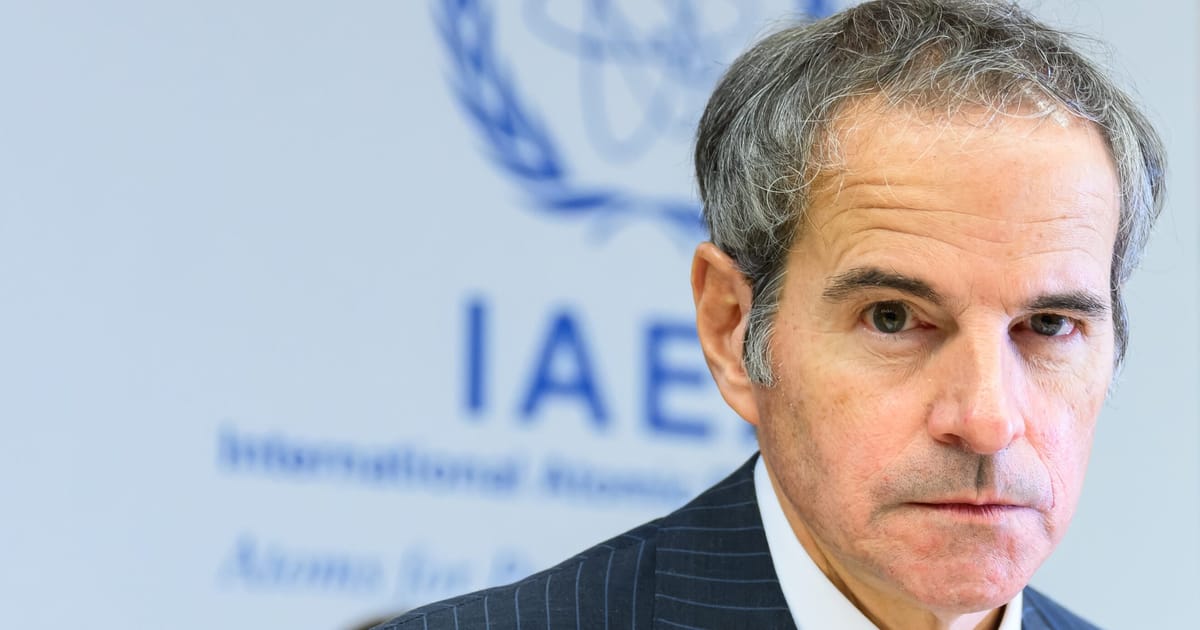

Amidst escalating tensions and ongoing conflicts in the Middle East, a series of developments have unfolded that underline the complexity and urgency of the situation. This article summarizes recent events and responses from involved parties, highlighting regional challenges and the continuous pursuit of peace.
In a significant move affecting international oversight, Iran has reportedly banned the head of the International Atomic Energy Agency (IAEA), Rafael Grossi, as well as surveillance cameras from its nuclear facilities. This decision by Tehran comes amidst accusations that sensitive facility data may have been accessed by Israel’s government. The development is a response to rising security concerns, as Iran continues to navigate pressures both domestically and internationally over its nuclear program. The absence of IAEA oversight is likely to raise questions regarding transparency and accountability in Iran’s nuclear activities.
In parallel, the humanitarian landscape in the Gaza Strip remains dire, as recent Israeli airstrikes have resulted in the deaths of more than 60 individuals, according to health officials. The strikes, which commenced overnight from Friday into Saturday morning, have exacerbated an already critical humanitarian crisis. Notably, these efforts have targeted areas in proximity to displacement shelters, with notable casualties reported near the Palestine Stadium in Gaza City. The ongoing violence underscores the urgent need for humanitarian aid and the protection of civilians amid the conflict.
Despite the bleak circumstances, diplomatic efforts for de-escalation are emerging. Qatar has actively called for renewed peace talks, aiming to bring together the conflicting parties in search of viable solutions and ceasefire agreements. Such calls for dialogue are essential in mitigating the conflict’s impacts and fostering a climate of cooperation and understanding. The potential for dialogue remains a glimmer of hope in an otherwise tumultuous context, with the international community playing a pivotal role in supporting these peace initiatives.
In response to the regional instability, Emirates airline has announced the extension of its suspension of flights to Tehran, Iran’s capital, until July 5. This decision is part of broader considerations for passenger safety amid the ongoing disturbances. However, Emirates plans to resume services to Baghdad and Basra in early July, reflecting an adaptive approach to the dynamic circumstances.
These events collectively highlight the intricate blend of geopolitical, humanitarian, and diplomatic elements inherent in the Middle East’s current situation. As the region continues to grapple with these multifaceted challenges, the international community’s role remains critical in promoting peace, providing humanitarian assistance, and encouraging constructive dialogue. The path to resolution is complex, yet the persistent calls for peace offer a hopeful vision for a safer, more stable future.
Source: {link}
